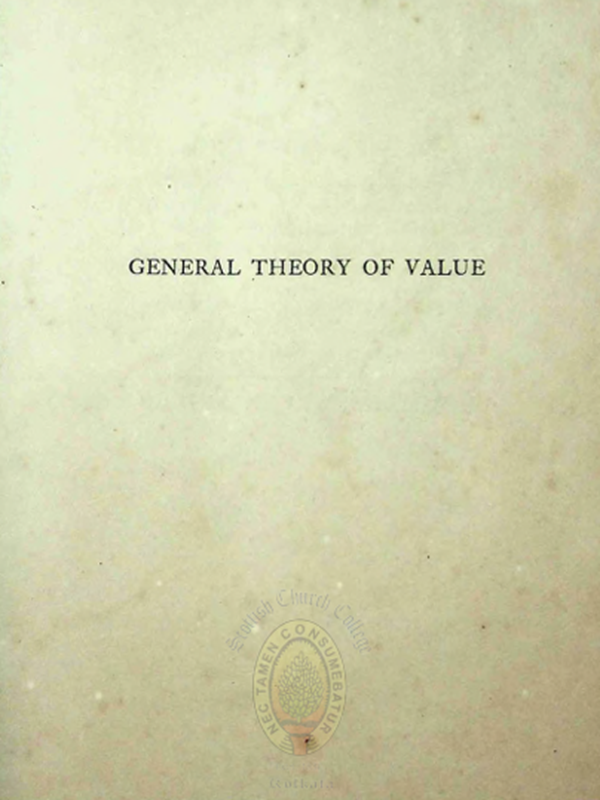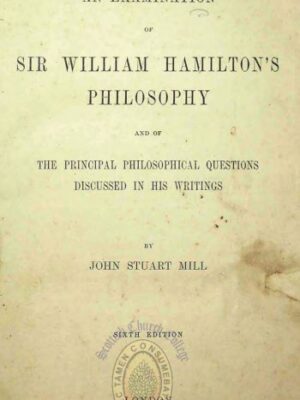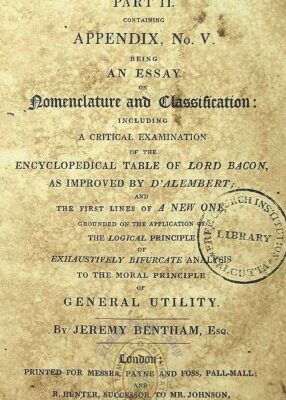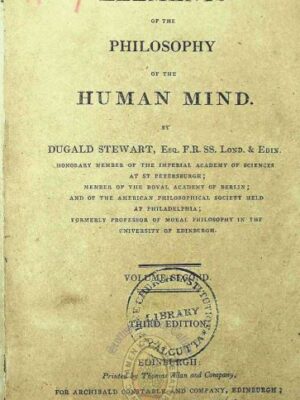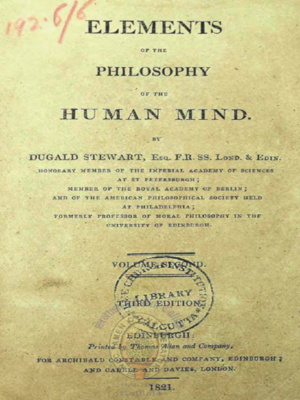Description
Ralph Barton Perry’s General Theory of Value (1926) presents a systematic philosophical exploration of value grounded in the concept of human interest. Rejecting purely subjective or objective accounts, Perry defines value as whatever satisfies or furthers interest, thereby linking ethics, economics, and psychology under a unified framework. Through rigorous analysis, he outlines the basic principles governing value judgments and their role in moral and social life. The book stands as a landmark in American pragmatist philosophy, reflecting Perry’s commitment to empirical realism and practical reasoning. It remains an essential work for students of philosophy, ethics, and social sciences interested in the foundations of value theory.

